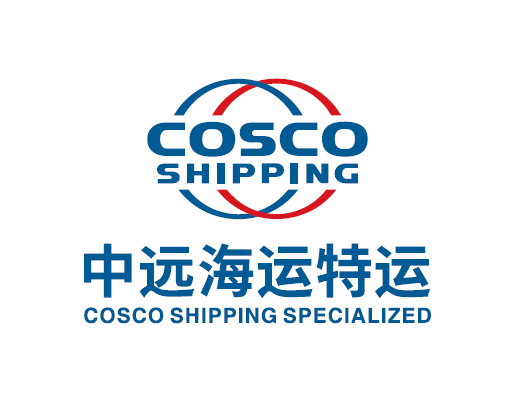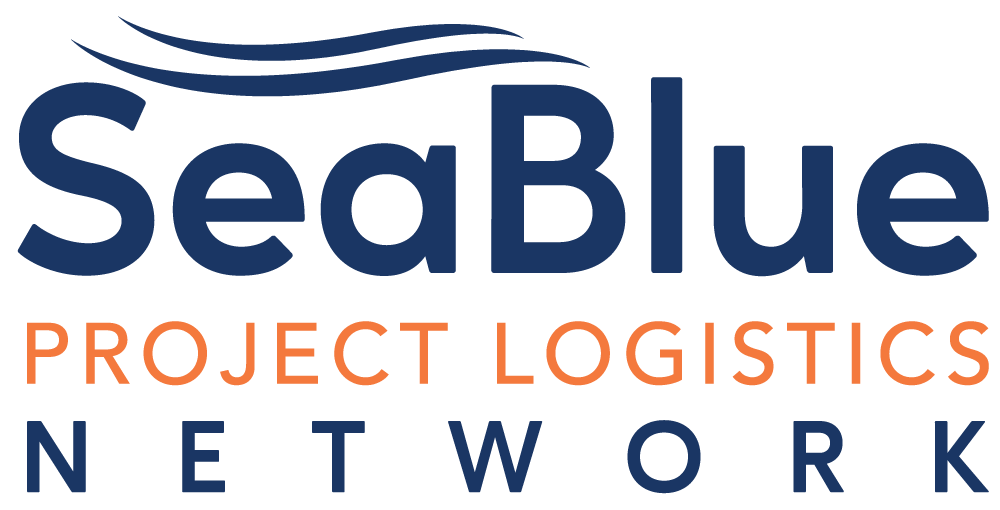An interview with Eliska Mundell, CSM Global Accounts MEA, Emirates SkyCargo, by Elizabeth Wetzel, Breakbulk Events & Media Content Manager
EW: Historically, air freight has been viewed as an emergency scenario, e.g. when the comparatively steep rate of air transport is less than the cost to a project for a delayed piece of equipment. Is that perception no longer valid? What’s changed?
EM: In my career of over 20 years in the charter industry, often the movement of heavy or outsized equipment was done on a charter if something was delayed or had some penalties on it and some fast movement had to happen. I think that’s still in existence but what has changed is previously you had to use a dedicated aircraft. There weren’t many of these around, and you’d have to put the piece on an Antonov 124, which would be very, very expensive. This put a lot of restrictions and challenges on people trying to move outsized, heavy airfreight cargo. It would only happen in emergency situations where they would perhaps get a penalty.
What’s changed now is that carriers such as Emirates have expanded their networks. We operate 13 freighter aircrafts: 777s, a 747. We have an extremely large network of freighters that we operate to over 40 destinations. We can move outsized cargo, specifically into one of the freighter destinations or any of the passenger destinations on part of our scheduled network or it can be a diversion as a part charter.
So there many more opportunities there than having to charter that full aircraft at a very high cost. You can actually take up the space the piece needs and just pay for that space rather than pay for a large aircraft that may have come from far away and would cost you a huge amount of money. This has changed the whole dynamic – as the networks have grown, the number of aircrafts available have grown on the freighter side and carriers such as Emirates have become more flexible, understanding and more experienced in how we handle this type of cargo. The opportunities are there to make air transport a part of the logistical movement rather than something done in an emergency situation.
EW: When assessing the feasibility of air transport, what factors should project logistics planners consider?
EM: They have a lot of factors to consider. Normally if there is a requirement for heavy or oversize cargo they have to choose between sea and air, and sea was the option. Air was always the second option because of the size and cost. Today things have changed. The 777 freighter we operate is highly suitable for carrying some of the outsize cargo. One of the most important factors to consider is the size of the piece – will it actually go through the cargo door? The 777 is a side door only, so you have concerns about height, length and width. These are some of the basic factors, but not the most important one. Once you know it will go inside the aircraft, it’s about the center of gravity, are there tiedowns on the piece, is it inside something else?
At Emirates, we have created a dedicated team, Cargo Operations Engineering (COE) because we identified that getting answers to customers quickly on whether their piece is loadable can be put straight through to the team. The team can then identify if it can be loaded, and if they have the diagrams, they can work out how they’re going to load it, where it will be positioned on the aircraft, and how much space it is going to take up.
Then they have to look at how it’s going to be moved into the aircraft. Do you need a crane? Also, where is it moving from and where is it moving to? Do you have facilities at both ends of the move? If it’s moving out of a location in our network, then the facilities should be there, but if it’s being diverted to a different airport, particularly in and out of Africa, will they have all the particular equipment needed to handle it there? The COE team will work with the planner and design the equipment required to load it, needed to load, secure it and move it in and out of the aircraft. That attention to detail is what we do.
With a little initial information, we can get people working on it straight away and support those planners in making the decision as to whether they’re going to use the air transport routing. With the option of a part charter or diversion, planners can look at an air solution and build into their costs.
EW: What new technologies are in place or on the horizon for air transport? Will we see air cargo drones?
EM: In the last couple of years, there has been a lot of development on these new technologies, like air cargo drones and hybrid airships. Originally, the idea was that drones would be moving up to 100-tonnes. Now they’re actually starting to build prototypes, but for 3- to 4-tonne payloads. So yes, you have an option here, but what was once thought of for last mile delivery for heavy cargo, is better suited for e-commerce.
They were initially talking about hybrid airships carrying up to 60 tonnes in an undersling. But do you really want your multi-million-pound shipment like a very sensitive piece of equipment, hanging off the bottom of a hybrid airship? So, for heavy lift, I don’t think it will be suitable. People will be more comfortable moving their cargo inside an aircraft where it will be tied down and not moving. There is a place for a lot of these concepts. It will happen down the line, but it will be quite some time before we see drones and airships around the skies making deliveries.
The opportunities are there to make air transport a part of the logistical movement rather than something done in an emergency situation.”
– ELISKA MUNDELL, CSM GLOBAL ACCOUNTS MEA, EMIRATES SKYCARGO
PREVIEW THIS SESSION WITH ELISKA MUNDELL
RELATED SESSION
Monday, 11 February in the Conference Theatre, Hall 8, Dubai World Trade Centre
15:30 – 16:15
Seminar Session: New Concepts in Air Freight
As more industries tighten their supply chains, air freight is becoming a more attractive option for project cargo. Join us for an in-depth exploration of current practices, new capabilities, and new ways of thinking about cargo movement via air.
Eliska Mundell, Cargo Sales Manager, Global Accounts, MEA, Emirates SkyCargo
See the full agenda!



.png?ext=.png)






-(1).jpg?ext=.jpg)









